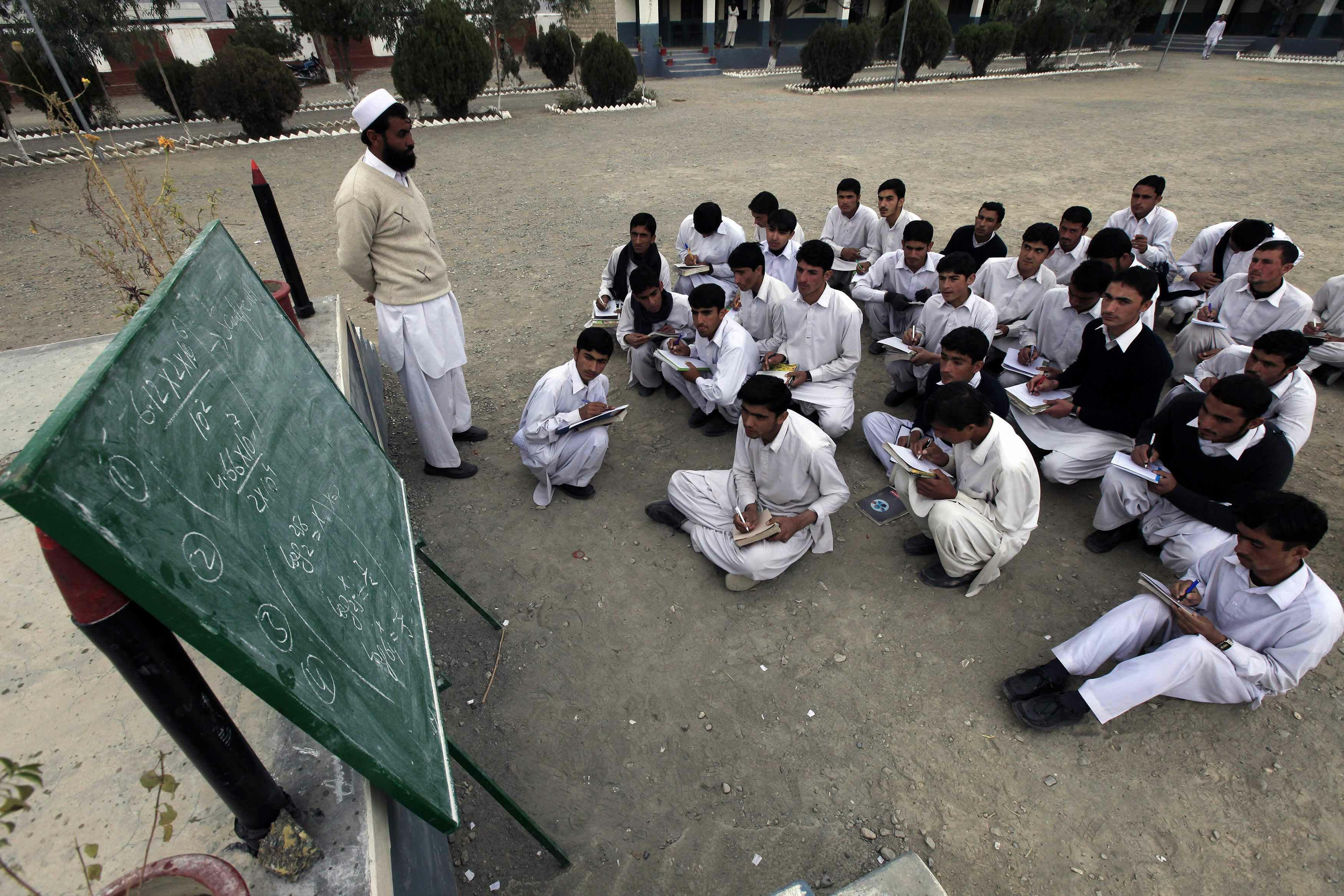
The status of Urdu became a marker for Muslim identity in the pre-partition Indian subcontinent, and helped legitimise the Two-Nation Theory, based on which Pakistan was created. However, the continued imposition of a single dominant language across our heterogeneous nation poses evident problems. These problems range from lingering grievances linked to wider issues of socio-political marginalisation, to loss of cultural heritage, as well as undermining educational outcomes.
The insistence to declare Urdu the sole national language became a precursor to the outright secession of Bangladesh and it continues to cause regional and sub-regional grievances even today. Ignoring regional languages also has a particularly detrimental effect on education according to Unesco’s latest Global Education Monitoring Report which has categorically cautioned against hegemonic assertions of a national language in multi-ethnic societies. Unesco’s review of 40 countries’ education plans found that less than half of them adequately recognise the importance of teaching children in their own language, particularly the younger students.
It is thus unfortunate that large numbers of children in so many countries, which are struggling to improve their education levels, are actually being taught in languages that they don’t really understand. This single fact poses a major hurdle in the way of developing critical reading and writing skills in early years of schooling, which are needed in order to pursue further education.
The decision of promoting Urdu as the national language and the language of instruction in schools may have been a choice of necessity in the context of post-independence, but this policy stance has now became a source of alienation in a country that was home to six major linguistic groups and dozens more smaller ones. A vast proportion of poor parents who send their children to government schools often not only lack literacy skills, they are also unfamiliar with the official languages used in school, which in turn is reinforcing gaps in learning opportunities between minority and majority language groups.
The hesitation of our policymakers to encourage the use of the mother tongue in education is troubling, given the plethora of research pointing to the positive effect of using local languages in education. Our Constitution requires provinces to take steps for the promotion, teaching, and usage of regional languages. The 18th Amendment, 2010, which devolved education to the provincial level has provided an opportunity to incorporate regional languages within the education system.
Khyber-Pakhtunkhwa (K-P), Sindh and Balochistan have made some efforts to include regional languages within the education system. However, these efforts have not picked up the required momentum. Conversely, Punjab has controversially begun experimenting with use of English as the medium of instruction in many government schools. While a unifying language for a globalising world, teaching children in public schools in English is not a feasible solution, given that hardly any government teachers, let alone the children’s parents, can speak the language fluently.
To help improve the quality of education being provided by our public school system, it is imperative that we begin teaching children in a language they understand. At least six years of education in the mother tongue is considered necessary to ensure that children from ethnically diverse communities do not fall behind. Bilingual or multilingual education programmes can be formulated to help ease the transition to the teaching of official languages like Urdu at higher levels of education.
In practice, however, our provincial education departments have found it difficult just to avail textbooks in regional languages, let alone infuse the curricula with regional culture and literature. Our educational planners will need to take a much more holistic approach to incorporating regional languages within the public education system. Teacher education will need to be revised to enable teaching early reading skills in more than one language, and to use local language materials effectively. Even teacher hiring policies will need to be altered to hire and train teachers from diverse linguistic and ethnic minorities, to in turn serve in the schools within their own ethnic communities.
Accomplishing these tasks is not going to be easy, but it is an effort worth making. Incorporating regional languages within the public education system could help acknowledge and celebrate the rich ethnic diversity within our country, as well as improve student learning outcomes and student retention rates in the early stages of education, in turn enabling the multitudes of children currently enrolled in public primary schools around the country to effectively reach the secondary education level. - Express Tribune